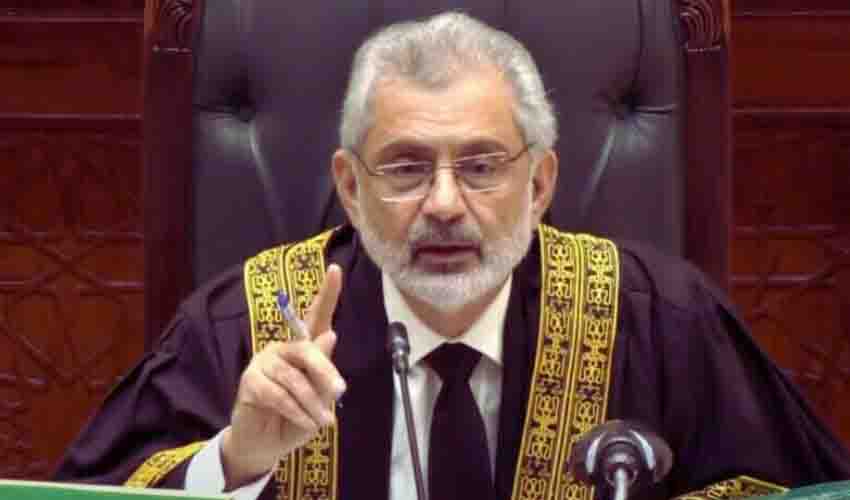Chief Justice of Pakistan, Qazi Faez Isa, has raised serious concerns about the deteriorating state of universities in the country, highlighting the alarming absence of permanent leadership in numerous institutions.
During a hearing at the Supreme Court, CJP Isa expressed dismay over a report from the Higher Education Commission (HEC) revealing that 66 public universities nationwide were without permanent vice-chancellors. The three-judge bench, led by CJP Isa, demanded immediate action to address this issue and requested a progress report within a month.
According to the HEC report, out of the 154 public universities in Pakistan, a significant number lacked stable leadership. In the federal capital, five out of 29 universities were without a permanent vice-chancellor, while in Balochistan, half of the 10 universities faced the same issue. Similarly, in Khyber Pakhtunkhwa, 16 universities had officials with additional charges, while 19 universities in Punjab lacked permanent vice-chancellors.
Expressing his frustration, CJP Isa questioned the competence of officials responsible for managing the education sector, lamenting the gradual decline of the country’s institutions. He criticised the lack of transparency in the appointment process and demanded accountability for the secrecy surrounding the selection of vice-chancellors.
Furthermore, CJP Isa condemned the neglect of public sector universities, likening it to the destruction faced by institutions like Pakistan International Airlines (PIA). He emphasised the need for urgent reforms in the education sector, asserting that improvement in this area would have a positive ripple effect throughout the country.
The Supreme Court also sought detailed information on the staffing ratios and budget allocations for academic and non-academic roles in public universities, as well as the status of vacant positions such as controller examinations and director of finance.
The hearing concluded with an adjournment of the case, signalling the court’s commitment to addressing the critical issues plaguing Pakistan’s higher education system.
